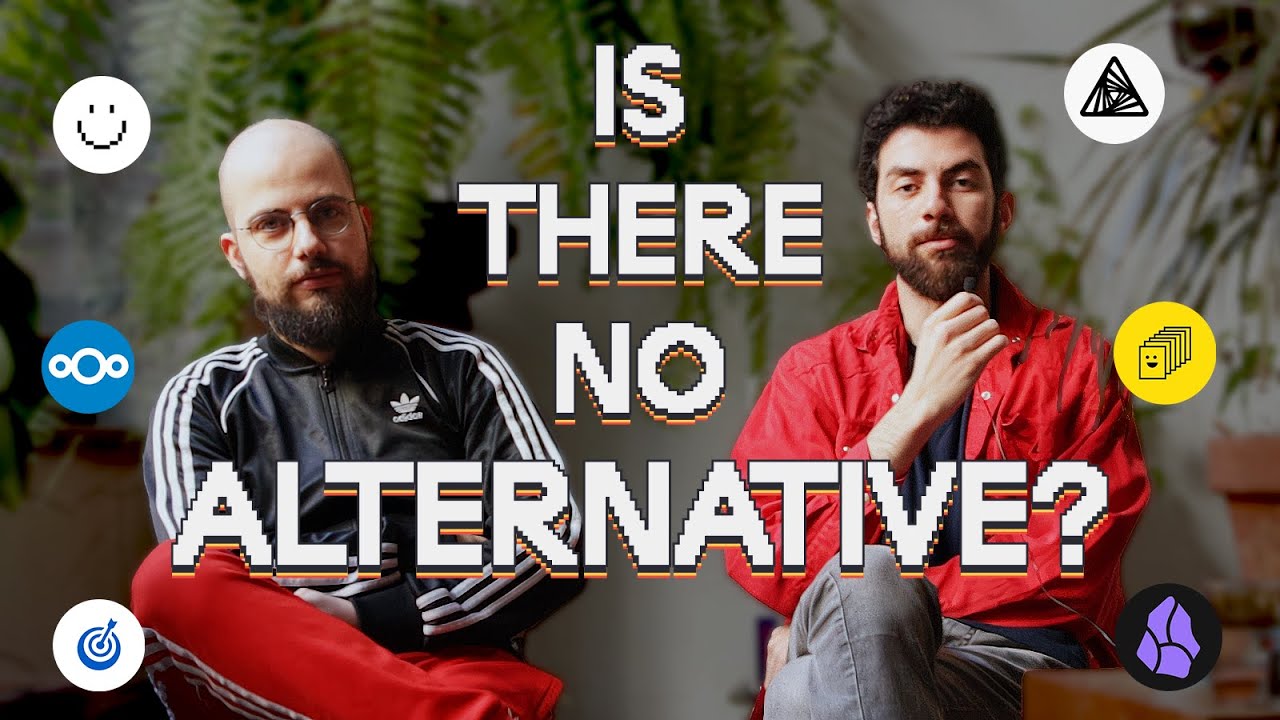I am sure that some people wouldn’t like the fact that the interface runs as a webapp, or use of Java, but it’s strange to me that it’s not usually even in the conversation.
A point about conversations, rather than the software itself. I think it’s not really at the forefront of the discussion because this kind of software caters kinda to “legacy” organizational environments that want a 1 to 1 replacement for Google Docs or Microsoft 365, which is not the sexiest problem. In the community of adopters of NextCloud (poor souls…) the discussion between onlyoffice and collabora, together with their integration with NC, is a quite common topic but again, most of these deal with orgs and not individual adoption and I would say that’s a very distinct crowd from most “hackerinos” who populate the FOSS online communities.
That said, a lot of the discourse is now focused on moving away entirely from document-based (and even document-oriented) software, because there’s a shared understanding that the problem is in the approach itself, and what IBM, Apple and Microsoft considered a reasonable way to handle information in the '80s, is not necessarily the best way now.



Well, Obsidian, Notion, Anytype, Affine can give you a hint of possible directions in this transition. While they still retain document-oriented features, like the concept of Page, they also try to really go for a much richer experience that does away with the limitations inherited from paper-based solutions. Double-linking, composability, fractal properties of pages and nesting (especially in Notion and Anytype), block-based UI, seamless integration of text, databases, and embeds, heavy use of transclusion and other stuff like that.
I would say this alternative system is far from cohesive and mature, but it’s clear some software is emancipating itself from whatever Onlyoffice represents.
Maybe you would find this video interesting: https://www.youtube.com/watch?v=KXiQlLHuK7g